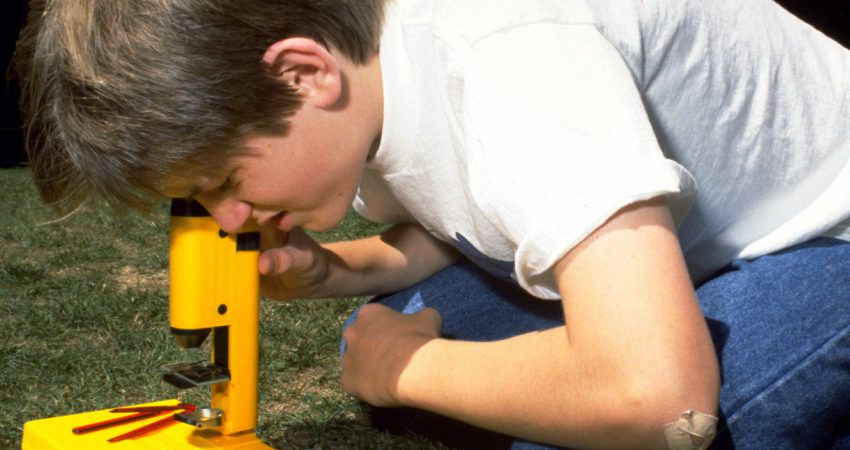
By Heather King - April 2011
PAPER CITATION
Luehmann, A.L., (2009). Students' perspectives of a science enrichment programme: Out-of-school inquiry as access. International Journal of Science Education, 31(13) 1831-1855.
This paper examines students' perspectives on a science enrichment programme led by a university-based science outreach initiative. Few studies have previously examined the impact of such experiences from the student perspective. Findings suggest carefully designed out-of-school inquiry programmes broaden students' experiences of science, particularly for those from under-resourced schools.
Reform initiatives calling for student engagement with authentic scientific discourse present particular challenges for under-resourced urban schools. Further, providing access to resources is, in itself, not enough. To ensure meaningful and productive engagement, culturally relevant and context-specific support is required. The author suggests that science enrichment programmes – such as those offered by ISE and university-outreach programmes – may provide the answer to this challenge. Indeed she points to research which has found that out-of-school programmes improve science content knowledge; positively impact on students' understanding; encourage student interest and motivation in science; and provide the opportunity to access scientific tools and practices.
The study reported in this paper examined field notes, observations and exit survey comments of 292 students (aged 11 – 18) who visited a university laboratory following curriculum units completed in school designed to support the lab experience. The school-based sessions were co-led by the lab instructor. Prior to the sessions, the teachers had attended professional development at the university and had participated in a workshop event. The aim here was to develop a partnership, although the teacher remained in control of the content and session structures. The 2.5 or 4 hour-long lab activities focused on developing conceptual understanding in the biological sciences, but were also designed to teach scientific research methods and familiarise students with the use of lab equipment.
The analysis of student responses following their participation in the lab-based sessions indicatde that they valued the opportunity to learn concepts of science, with some students also appreciating the nature of scientific processes and the culture of science. Such findings concur with literature as stated above which had, for the most part, been uncorroborated by any earlier studies of student views.
The paper concludes with a checklist of conditions of success for out-of-school inquiry programmes. The need for such experiences to be authentic and offer meaningful questions is particularly highlighted. In addition, the importance of a strong partnership between school and out-of-school provider, meaning that the experience is connected to but separate from school science,is identified as key.
Finally, the author highlights the particular significance of these findings for urban students many of whom are from non-dominant populations and live in poverty. She notes that the university setting offers resources, experiences, and context-specific discussions that are not usually available in schools. The authentic engagement with lab equipment, materials and processes also offers students the relatively safe, low-risk opportunity to see themselves as potential scientists. Peers and teachers also come to see students as competent and engaged science learners.
By working in collaboration with teachers in classrooms, out-of-school science inquiry programmes have the potential to broaden experiences and provide access for students to academic culture – a culture that for many will have been previously unavailable.
It is significant to note that the majority of off-task student behaviour observed in the lab sessions occurred during teacher-dominated talk time. Such a finding has implications for the way in which out-of-school programme providers prepare and structure their own interactions with learners.
References
Luehmann, A.L. & Markowitz, D. (2007). Science teachers' perceived benefits of an out-of-school enrichment programme: Identity needs and university affordances. International Journal of Science Education 29(9), 1133-1161.




